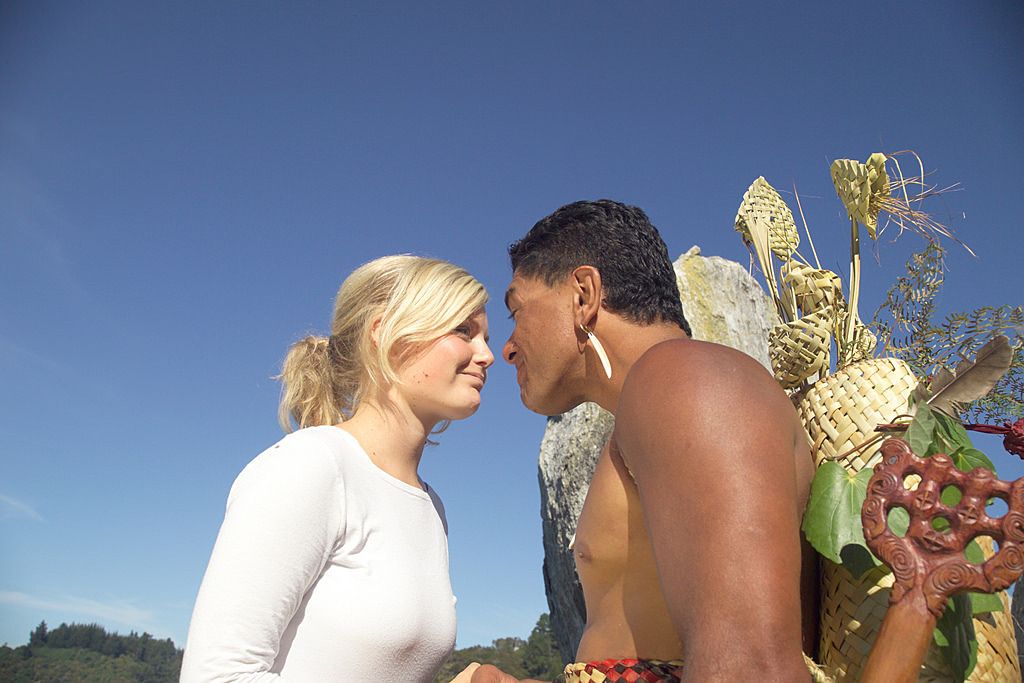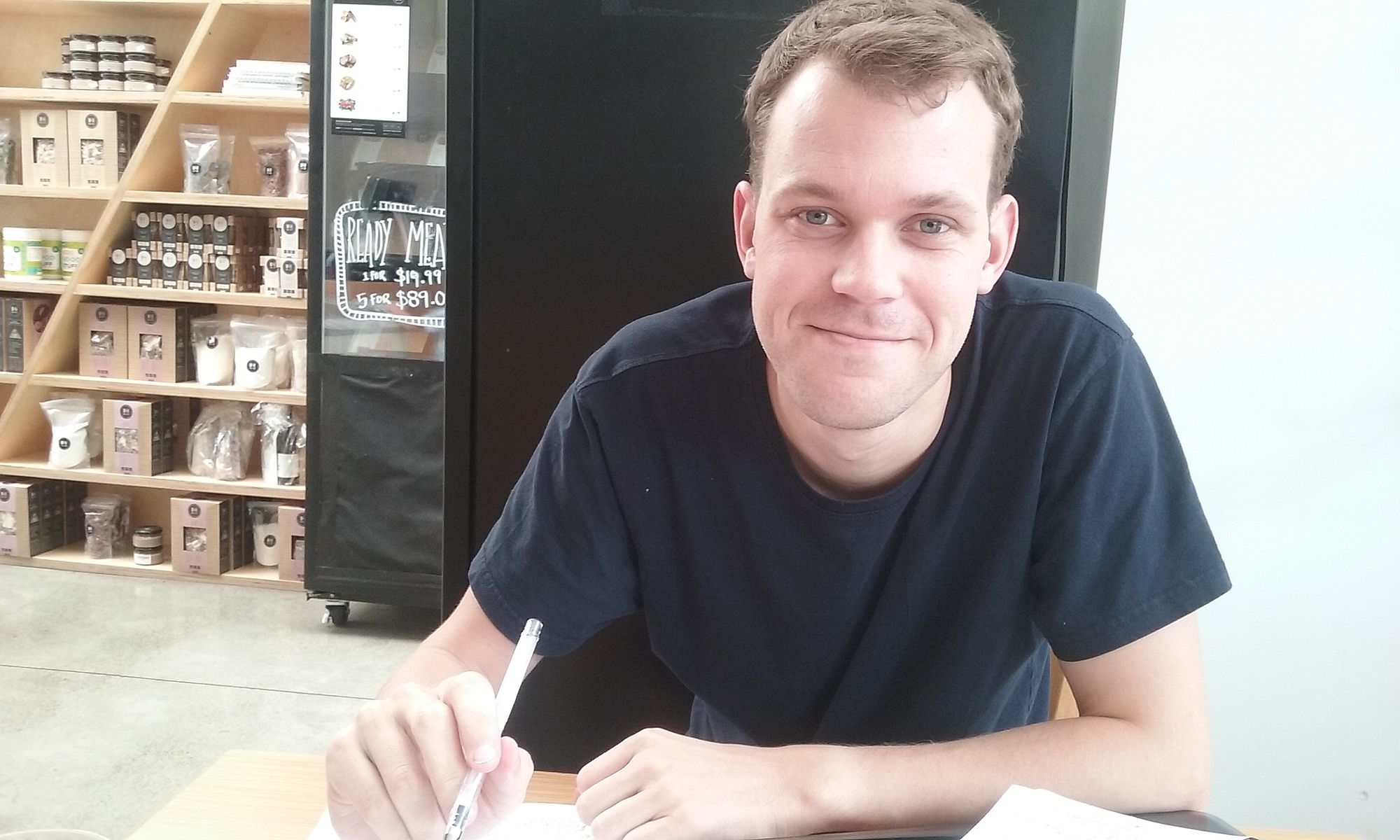Arohatia te reo
Does compulsion breed contempt? The case for making te reo a compulsory subject in Kiwi schools.
Philip McKibbin explores the benefits of teaching te reo Māori in schools as a compulsory subject, alongside English, maths and science.
In May, I went to Ōtākou Marae in Dunedin for a kura reo – a week-long, full-immersion Māori language retreat. I was huddled up with lots of other learners eager to improve their reo. It was my fourth kura reo, but only my first in Te Waipounamu. I whakapapa to Kāi Tahu, the largest iwi of the South Island, so it was a special experience. One of the highlights was hearing the mita of the Kāi Tahu dialect. It’s remarkable that after all te reo Māori has been through, it still has regional differences.
On the first day of the kura reo, we were divided into groups. The group I ended up in was unusual: it was comprised half of adults, half high school-aged children. Whenever I meet children who speak te reo, I make the most of it. Their reo is often better than mine, and talking to them is a good test: your reo either cuts it, or it doesn’t. It’s wonderful to learn from young people – and it got me thinking that our education system could better nurture our children’s rangatiratanga in the revitalisation effort.
I was still thinking about this when I got back to Auckland. I believe te reo Māori should be compulsory in schools. It should sit alongside English in The New Zealand Curriculum – as it does in Te Marautanga o Aotearoa, the Māori-medium curriculum – and it should be nurtured in all our children, at all levels of education.
This argument hasn’t made much headway. It quickly comes up against the retort that making te reo compulsory would cause students to resent it. Comedian Dave Armstrong highlights how ridiculous this is in a recent piece of satire. Writing from 2057, he tells us to accept that ‘the English language is dying’. After all, he says, no one speaks it anymore:
In New Zealand, Asian and Pacific languages are far more prevalent in our big cities. Txtreodarin is by far the biggest written language amongst teenagers, and since te reo Maori was made compulsory in the 2020s, Maori is the language of the countryside.
He criticises the ‘dreamers’ who think English should be compulsory, saying:
New Zealand once had a visionary Education Minister called Hekia Parata who famously said, ‘compulsion breeds contempt.’ If we force children to speak English then surely they’ll resent it? Though it’s interesting how Parata only said that compulsion breeds contempt when talking about compulsory Te Reo Maori, not other compulsory subjects like Maths or Science.
When the proposal that we make te reo Māori compulsory is given serious consideration, we tend to think of the practicalities. There’s a lack of teachers who are qualified to teach te reo Māori, and our national qualifications don’t adequately reflect the diverse levels of exposure that different learners have had to it. With time and effort, though, these problems could be addressed. One academic recently suggested it could take as few as six years to develop the teaching capacity, and we could easily adjust our qualifications to reflect children’s diverse starting points.
The bigger question is: why? Why should our indigenous language be given precedence over other subjects – over other languages, even – especially when studying those subjects, such as Chinese, could bring economic benefits?
The answer is that te reo Māori will make us stronger as a people. He iwi kotahi tātou.
Te reo Māori is more than a language: it’s a link to an enduring worldview
Thinking about the Politics of Love helps us to see this. The Politics of Love, which I first sketched with Max Harris in 2015, emphasises togetherness, and so has a strong focus on community. Recognising the importance of all people, it insists that we’re stronger together.
Learning te reo Māori promotes togetherness. It fosters understanding between people, expands our appreciation of relationships and the responsibilities we have for each other, and deepens our knowledge of the origins of Aotearoa New Zealand and our place in it. It also enables us to better understand Te Tiriti o Waitangi, including its significance for tō tātou reo rangatira. (The Māori-language version of The Treaty is integral to it. The Waitangi Tribunal and the Courts both found that the government’s responsibility to actively protect te reo Māori was established with the signing of Te Tiriti o Waitangi – and the government itself recognised this obligation 1997.)
Te reo Māori is more than a language: it’s a link to an enduring worldview, connecting people and peoples, past, present, and future. If more of our rangatahi were learning te reo, our communities would become interwoven, and our nation would be even stronger.
As a second-language learner, I’ve encountered diverse perspectives, formed strong relationships, and started to reconnect with my own Kāi Tahutanga; I’ve also begun to explore my European heritage. And I’ve witnessed friends from many backgrounds – both Māori and tauiwi – grow into themselves, learning to appreciate the similarities and differences in our diverse experience.
Valuing te reo Māori connects to valuing tāngata Māori. If Māori were better understood, and if Māori voices were listened to with the respect they deserve – if we were actively combating racism with understanding and working to decolonise our discourse as well as our institutions – we’d likely see the alleviation of many of the social disparities that negatively affect Māori whānau. Making te reo compulsory in schools is a positive step we can take to nurture our people’s well-being.
Importantly, teaching te reo Māori in schools wouldn’t take anything away from our children. It might in fact help our tamariki learn other languages. Rather than choosing between Māori and Chinese, for example, learning te reo could enable them to better engage with other languages and cultures, nurturing them as they develop into citizens of the world.
Making te reo Māori compulsory would also assist with its revitalisation. The biggest challenge for those of us who cherish te reo Māori is to find a reason for all New Zealanders to learn it. Tā Tīmoti Kāretu, the tohunga reo, argues that Māori must lead the revitalisation effort:
E kore te reo e mate noa i a ia anō engari ka mate nā te korenga o te iwi nōna taua reo i aro atu ki te pupuri, ki te āta tiaki, ki te kōrero. … [N]ō reira, e te ao Māori, kāti te ūpoko mārō, te māikoiko, te toupiore ki te kore hoki koe te Māori e hāpai ake mā wai kē? Mā Pākehā? Ko au e kī ana engari mō tēnā!
And he’s right. At present, it’s Māori who are most invested in our reo rangatira; if we don’t stand up for it, we can’t rely on other people to do so.
In thinking about how to revitalise te reo Māori, we might think about te reo Pākehā. English is considered essential for communication here in Aotearoa New Zealand and internationally, and it’s the language in which most of our politics and business are conducted. Those who aspire to power speak English – indeed, it was its association with power that led to its rise in the 19th century. Te reo Māori, by contrast, is perceived as having little value because ‘it isn’t spoken overseas’, and it isn’t as obviously connected to economic growth as other languages are.
Those of us who already value te reo Māori and would see it survive have a responsibility not only to speak it, but to find a compelling reason for its being spoken. This reason must speak not only to us, but to other people as well. I don’t think it’s necessary to view te reo Māori in terms of power, but we do need to be able to say why it’s important.
One reason for valuing te reo Māori is that it can be understood as integral to our community, and fundamental to our understanding of ourselves. Te reo Māori is unique to Aotearoa New Zealand; it is part of what makes us who we are. In this way, te reo Māori is foundational to our nation. It can also help individuals to understand themselves: learning te reo Māori encourages each of us to establish a connection, or connections, to the land. It is a taonga for all New Zealanders, and it enables all of us to understand ourselves as New Zealanders.
It is a taonga for all New Zealanders, and it enables all of us to understand ourselves as New Zealanders
In his book Ka Ngaro Te Reo: Māori Language Under Siege in the Nineteenth Century, Paul Moon points out that schooling played a significant role in the decline of the Māori language and the ascendency of the English language. Given that schooling played such an important role in the rise of English in this country, it’s reasonable to think that it could assist in the revitalisation of te reo Māori. And given the violence with which the language was treated in schools – punishing students for speaking their reo in schools was government policy well into the 20th century, with painful consequences not only for those who were punished but for the language itself – this is the site where reparations should be made. Considering the reach of education, teaching te reo Māori in schools seems like the best option available to us.
There are people who insist te reo Māori has no real value, but those who argue against learning it have, generally, had very little exposure to it. There are others who say that a focus on community is something we should move away from, that people should look out for themselves. But this way of seeing the world is incoherent: it holds that people are better off alone, when really we’re interdependent. All of us rely on other people; it’s only fair to acknowledge this, and that, given our interdependence, compassion is indispensable. Fairness and compassion are values that bring us back to love – and love leads us to community.
In loving te reo Māori, we’ll make Aotearoa New Zealand a better community.
Kimihia te kupu! Not sure what a word means? Look it up


